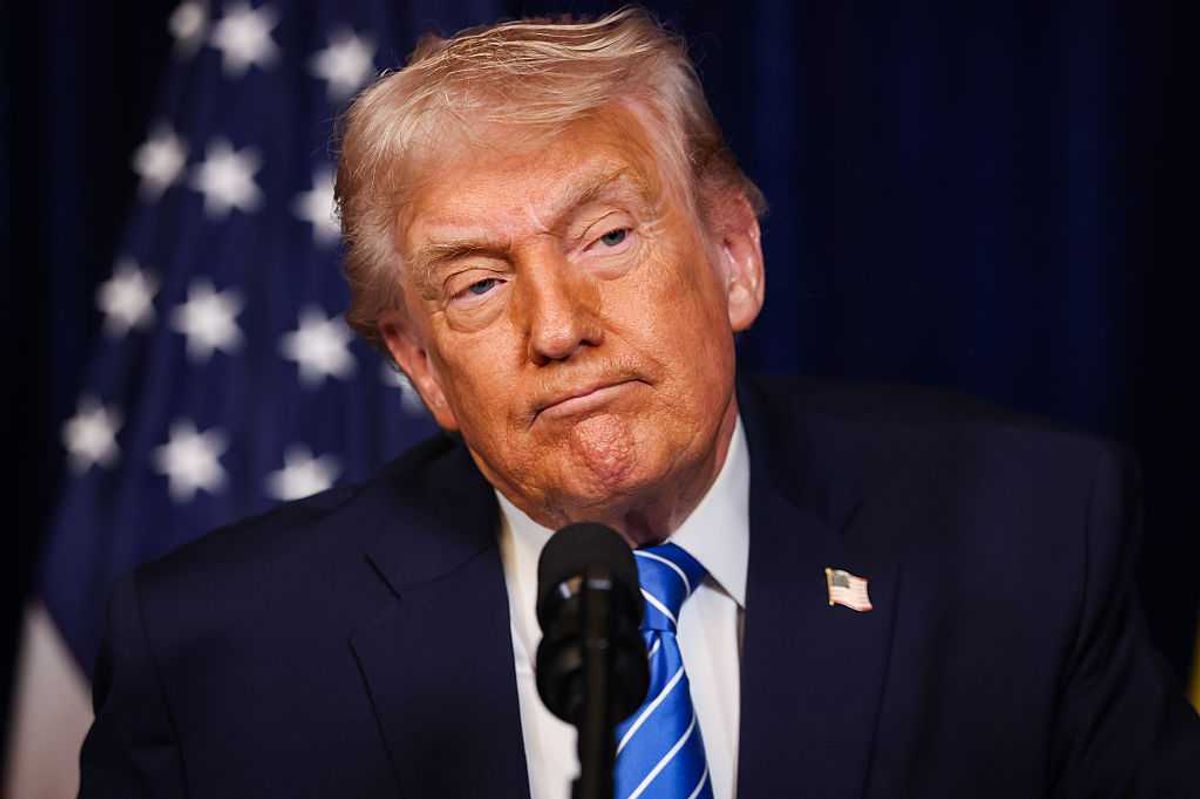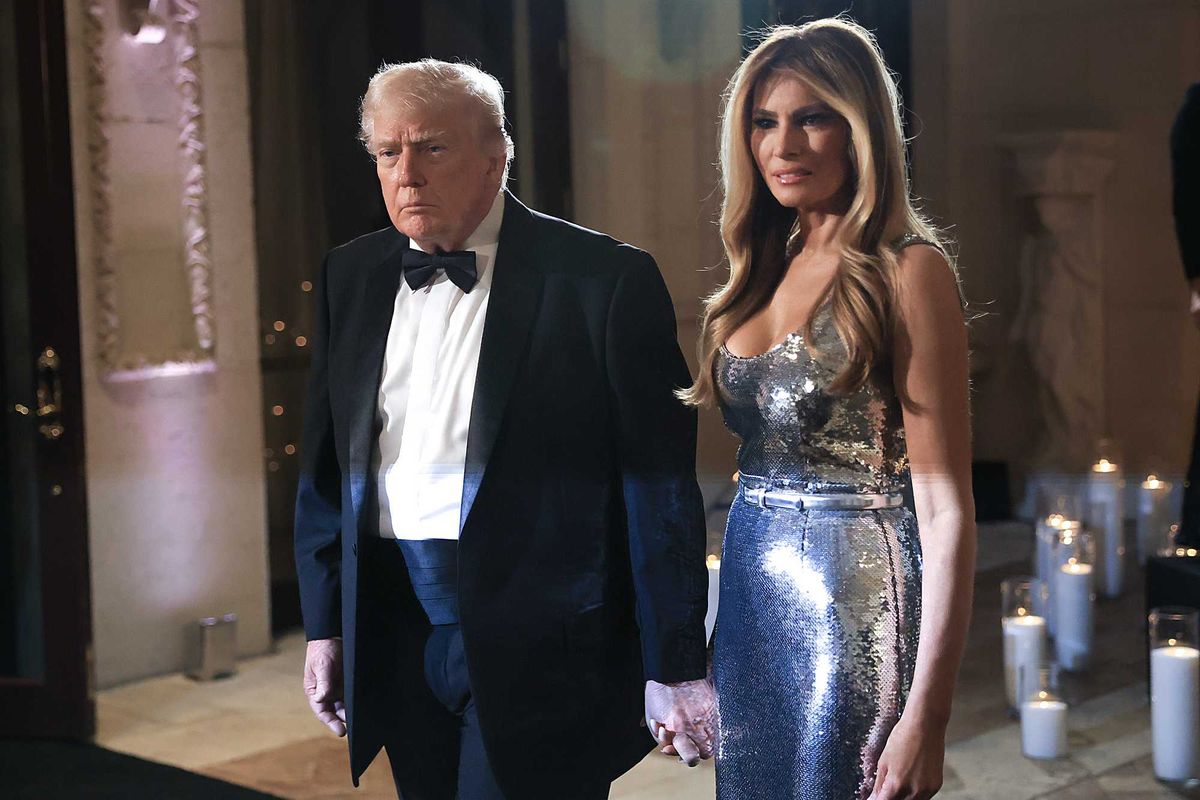News
Evan Bartlett
Nov 10, 2015
A devastating report into sports doping, bribery and corruption could see Russian athletes banned from the 2016 Rio Olympics.
The World Anti-Doping Agency (Wada) released a 350-page report on Monday which claims that a state-sponsored programme of secret doping took place at a laboratory in Moscow.
On Monday evening, Lord Coe, the president of the International Association of Athletics Federations (IAAF) and previously its deputy president, faced Jon Snow in an interview on Channel 4.
He was asked why, as head of the world's athletics governing body, he had failed to uncover what appeared to be such a widespread practice of cheating in his sport.
He faced quite a grilling:
Snow:
You are one of the greatest sportsmen that has ever run for Britain, and yet you became the president of an organisation which turns out to have been desperately corrupt at the very top, desperately failing on the job it had, and surely people would have thought: 'He of all people will carry the baton and scour this place for this kind of stuff.'
Coe:
And Jon, that is my responsibility now.
Snow:
But did you do it?
Coe:
That is my position now. I'm now in a position as president to effect the changes that I want and they will be effected in the light of the criminal allegations that have been made and the report that was made today.
Snow:
Lord Coe that simply isn't going to wash. You were deputy president, you were the number two in the entire outfit, and you made no effort to scour the place for drugs.
Coe:
No, Jon. I was deputy chairman, vice-president, in an organisation but those allegations have come, as Dick Pound said today himself, they have come as a shock to us all.
Snow:
Either you were asleep on the job, or people can say: 'There are only two choices here - asleep on the job, or corrupt.' Which is it?
Watch the whole thing below:
Doping: The accusations
The London 2012 Olympics were "sabotaged" by the presence of Russian athletes with suspicious doping profiles. A number of Russian athletes suspected of doping could have been prevented from competing had it not been for "the collective and inexplicable laissez-faire policy" adopted by the IAAF and the Russian athletics federation.
More than 1,400 samples had been "intentionally and maliciously" destroyed by Russian laboratory personnel after receiving written notification from Wada.
The director of the Wada-accredited laboratory in Moscow, Grigory Rodchenko, was an integral part in the conspiracy to extort money from athletes to cover up positive tests.
Russian secret service agents were also involved in the efforts to interfere with the integrity of samples at the Moscow and Sochi labs and that this was part of a wider pattern of "direct intimidation and interference by the Russian state".
Athletes used false identities to evade testing and Russian control officers routinely accepted bribes.
Rusada, the country's anti-doping agency, allowed athletes to compete while under anti-doping sanctions.
The Russian athletics federation (Araf), the Russian anti-doping agency (Rusada) and the Russian Federation cannot be considered anti-doping code-compliant.
Top 100
The Conversation (0)













